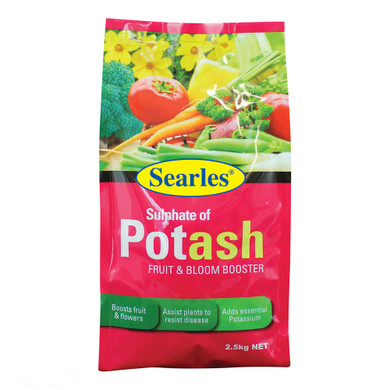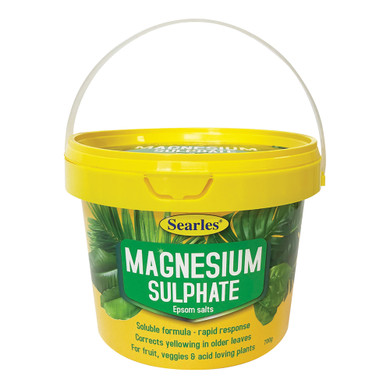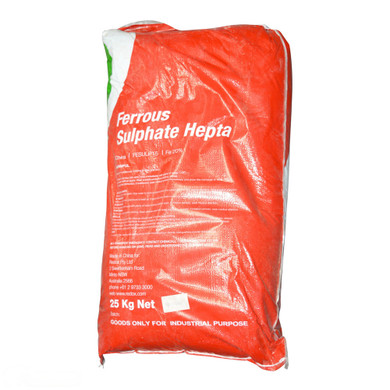Product details
Bluestone Copper Sulphate
Copper is said to be deficient when it is least available to plants. This is due to the presence of highly organic soils or after excessive applications of lime or dolomite, which raises the pH too high. Plants grown with high levels of nitrogen, especially in the ammonium form, require the addition of copper due to its limited availability.
Symptoms of copper deficiency vary considerably between plant species; however, they generally appear in the youngest leaves first. These symptoms may include the yellowing of young leaves with green spots remaining at the ends of veins; the young leaves are rolled inwards or curled; rows of spots of dying tissue sometimes appear; the formation of numerous weak shoots follows tip death. Young leaf stems may also become shortened, distorted, and twisted, and flowers become paler than usual, small, and misshapen.
Copper deficiency can be corrected by raising the pH value of very acidic soil to 5.3, which increases the availability of copper. However, at higher pH values, the availability of copper decreases again. The application of Searles Bluestone can also correct the copper deficiency by simply following the directions below.
- Copper deficiency can occur in all types of soils, particularly in sandy or peaty soils.
- Copper is essential to citrus trees and vegetables.
- Deficiency symptoms include the yellowing of young leaves with green spots at the end of veins. Young leaves can also be curled and spurs stunted.
- Quick acting.



















